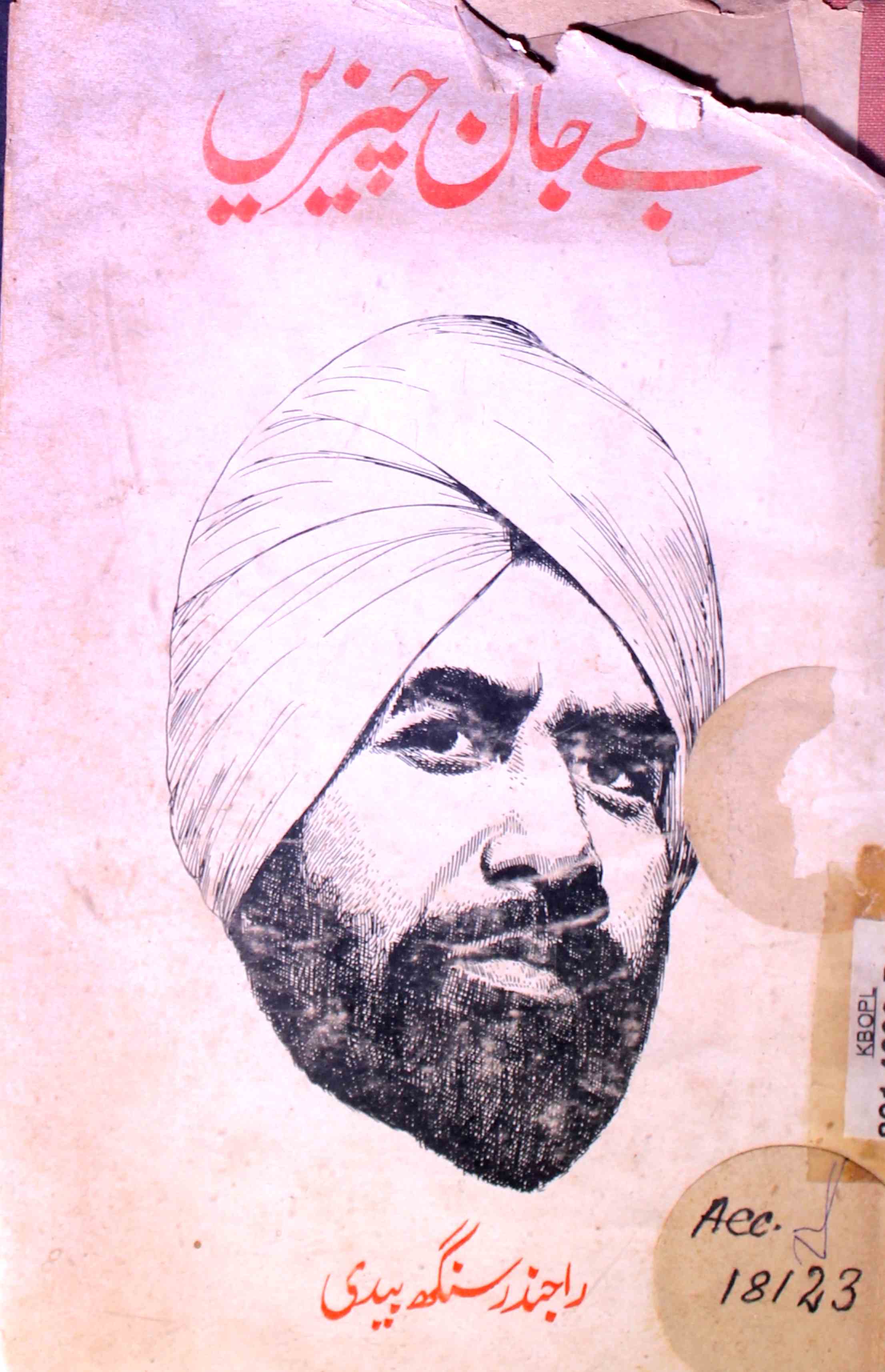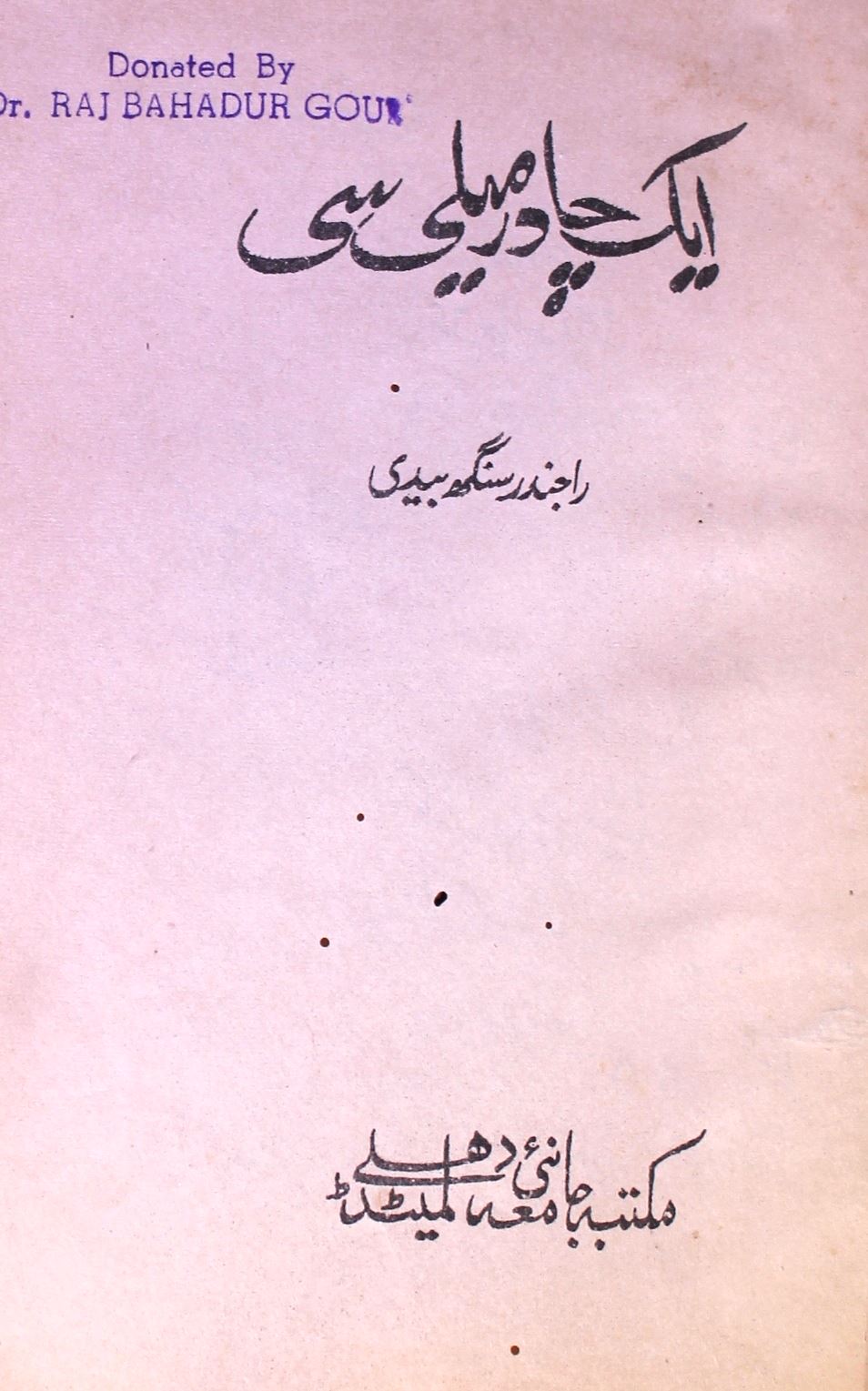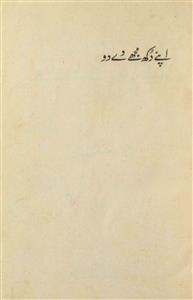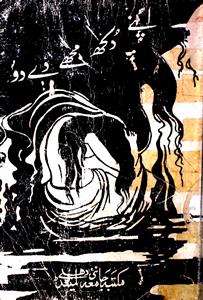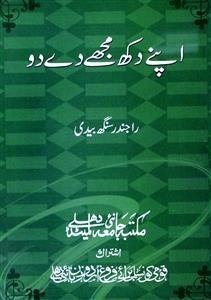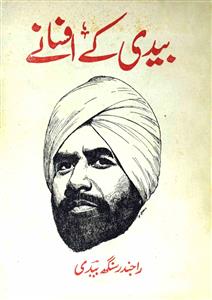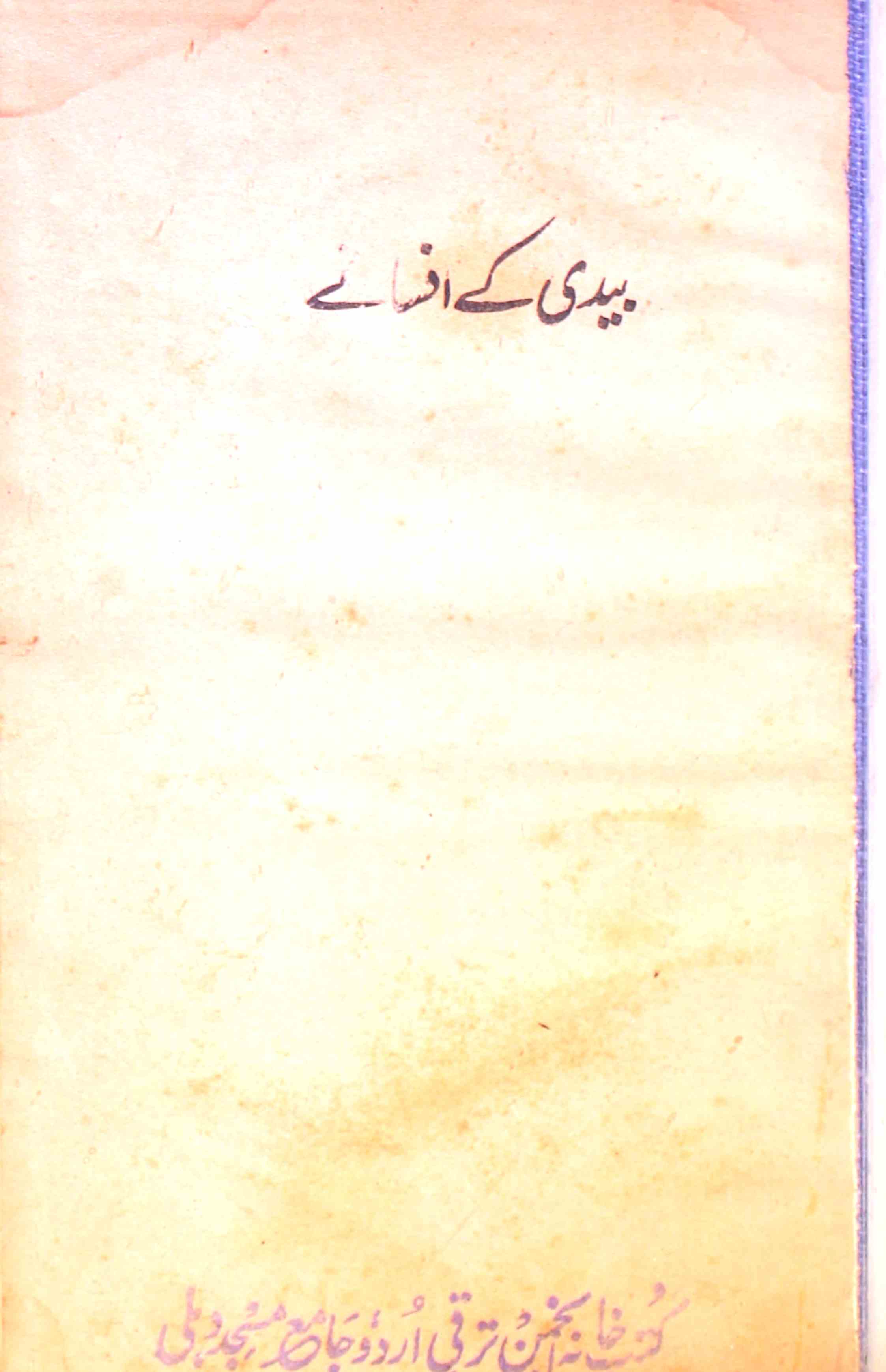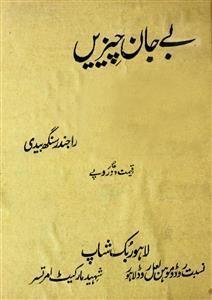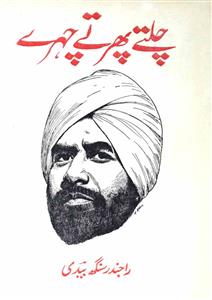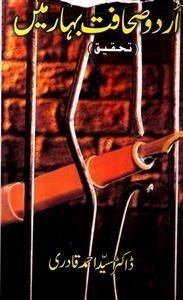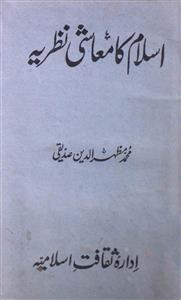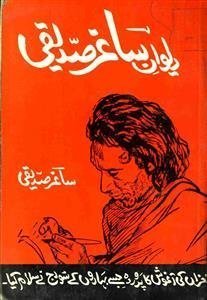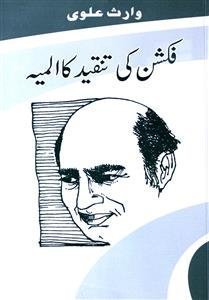 For any query/comment related to this ebook, please contact us at haidar.ali@rekhta.org
For any query/comment related to this ebook, please contact us at haidar.ali@rekhta.org
About The Author
Rajinder Singh Bedi is a name which is a matter of great pride in the world in Urdu language. A truly unique, distinguished, and matchless personality, he is one of the four pillars of modern Urdu fiction. Born on September 1, 1915 in Lahore, he was the son of Hira Singh, the postmaster of Sadar Bazar Post Office, Lahore. Bedi received his early education at a school in Lahore Cantonment from where he passed the fourth class, after which he was enrolled in the SBBS Khalsa School, from where he passed the matriculation examination in the First Division in 1931. After matriculation, he went to DAV College, Lahore, but by the time he reached Intermediate, his mother, who was a TB patient, had died. After his mother's death, his father resigned from his job and in 1933, Bedi left his college and joined the post office. His salary was Rs. 46 per month, and was married in 1934 at the age of just 19. He started writing from the time of Khalsa College. During his post office job, he also wrote for radio.
In 1942, Bedi’s second collection of stories, ‘Grahan’, was published, and in 1949, he published his third collection, ‘Kokh Jalli’. In these stories we find the most subtle reflection of human personality. Man appears in his true form and Bedi depicts him in such a way that not only the subtle corners of his personality but the individual and society are exposed. The intricate relationships and mysterious fabrics of human personality are also revealed and thus a more meaningful, more eloquent and more imaginative picture of life emerges which includes a sense of humor, and a curiosity of thought. In his stories, metaphor and mythological concepts are of fundamental importance, and there is a strange spiritual atmosphere in his writings. His creative process is from embodiment to imagination, from reality to unreality, from specialization to generalization, and from realism to mysticism.
In 1946, Bedi’s first collection of short stories, "Dana-o-Dam", was published and his importance began to be recognized in literary circles. Later, he became the honorary editor of the important literary magazine "Adab-e-Latif" published from Lahore. He wasn’t paid any salary for the services offered by him. In 1943, he resigned from the post office. After being pushed around for two years, he started writing plays for Lahore Radio. Then, from 1943 to 1944, he worked as a scriptwriter at Lahore Radio Station, where his salary was Rs. 150. Then, when he was sent to the radio station of NWFP for war broadcasts, his salary became Rs.500. This job did not work out and he set up his Sangam Publishing House in 1946. When the country was divided in 1947, Bedi had to leave Lahore. He stayed in Ropar and Shimla for a few days. Meanwhile, he met Sheikh Muhammad Abdullah who appointed him director of the Jammu radio station. But unfortunately, it did not work out for him with Ghulam Muhammad. Therefore, he moved to Bombay. In Bombay, he met producer DD Kashyap, who had already heard of him, and was acquainted with his writings. Kashyap hired Bedi for Rs.1000 per month, but Bedi added a clause in his contract that he could also work outside of Kashyap’s production house. For Kashyap, Bedi wrote two films, "Badi Bahan" and "Aaram", and wrote "Dagh" outside of it.
In films, Bedi has been a story writer, dialogue writer, screenwriter, director, and producer. Some of the films which he was an integral part of include, ‘Badi Behan’, ‘Dagh’, ‘Mirza Ghalib’, ‘Devdas’, ‘Milap, and ‘Garm-Coat’ among many others. In 1956, he received the Filmfare Award for Best Story for Garm Coat. His second Filmfare came for writing dialogues for Madhumati, and then in 1971 for ‘Satya-Kaam’.
Apart from writing in films, Bedi also grew as a literary personality. In his novel, ‘Apne Dukh Mujhe De Do’, his genius is apparent. In 1965, he was awarded the Sahtia Academy Award for a ‘Chadar Maili Si’. Later, in 1978, he was awarded the Ghalib Award for Drama. In his memory, the Punjab Government has launched the Rajendra Singh Bedi Award for Urdu Literature.
Bedi’s personal life was very bitter, he had a rocky marriage, his son Narender Singh Bedi, a producer and director in the film industry, died quite young in 1982. His wife passed away shortly afterwards. And Bedi's final days were spent in heartache and helplessness. He suffered a stroke in 1982 and was later diagnosed with cancer. After these long-standing ailments, Bedi finally left us all in 1984.
 For any query/comment related to this ebook, please contact us at haidar.ali@rekhta.org
For any query/comment related to this ebook, please contact us at haidar.ali@rekhta.org
